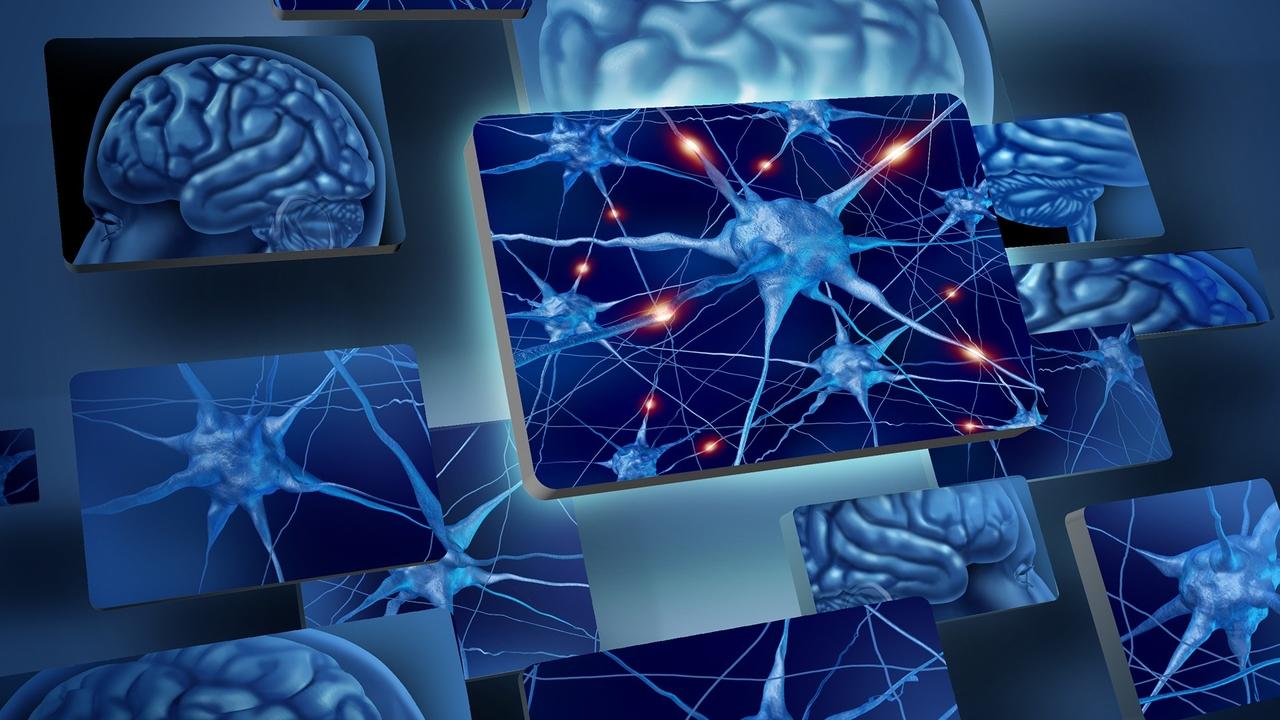Is Thyroid Hormone Dangerous for Psych Patients?

Thyroid Hormone and HDT
In psychiatry, we have a long history of using high dose thyroid hormone as an "augmentation strategy" - often employed without even checking thyroid labs in the patient. As I recently discussed,
"In both bipolar and unipolar depression, there have been six randomized, placebo-controlled trials conducted wherein thyroid hormone was used as an augmentation to an incompletely effective antidepressant (tricyclic) and found to be effective, particularly in women. In the STAR*D report,13 the largest and most expensive trial ever conducted on antidepressant treatments, T3 was found to result in remission in 24.7 percent of patients."
To recognize the role of subclinical hypothyroidism and autoimmune tissue destruction in psychiatric presentations is a critical tool for psychotropic avoidance. Some theorize that high dose thyroid replacement - whether T3 or desiccated thyroid is increasingly indicated because of transgenerational mitochondrial dysfunction. This is called peripheral thyroid resistance. Doctors like Mark Starr recommend clinical rather than lab based dosing for these patients. Many patients have concerns about cardiac risks, particularly with the use of high dose T3 (commercially available as Cytomel or as a sustained release compound). Much of the literature on risks associated with high dose thyroid hormone treatment conflates the risks of hyperthyroidism or Grave's disease, including arrhythmia and osteoporosis, with high dose hormone replacement.
A paper in the Journal of Affective Disorders, entitled An examination of myth: A favorable cardiovascular risk-benefit analysis of high-dose thyroid for affective disorders begins by stating:
There are two major myths that prevent wide acceptance of high dose thyroid (HDT) for the treatment of affective disorders. The first myth is that HDT is a risk factor for developing osteoporosis, and the second myth is that HDT increases cardiovascular risk.
They review the literature as well as case reports of arrhythmias to conclude that the weight of the evidence supports the fact that:
The cardiovascular risks of HDT [high dose thyroid] appear to be low. HDT is at least as safe as or safer than many psychiatric medications. It is effective and well tolerated.
This being said, optimization of lifestyle factors remains a critical first intervention, both for resolution of potential autoimmune thyroid dysfunction as well as for other manifold benefits related to mood symptoms resulting from poor diet, lack of sleep, movement, and surplus of stress that all send the body a signal of danger.
Image Copyright: lightwise / 123RF Stock Photo
Want to continue reading?
Enter your details below to read more and receive updates via email.









